Senaida’s Experience
Senaida Hernandez SantanaS2DS Alumni 2020Whilst I enjoyed my time doing research as a PhD student in Quantum Physics, I soon realized the climate within academia was not necessarily well-suited for a work/life balance. Given this, I took a break after my PhD, during which I decided that the best decision was to leave academia and decided that Data Science was an attractive alternative path to me.
During this break, I polished my skills on Bash scripting and Python, and then started learning Data Science and Machine Learning in DataCamp and Coursera. By this time, I had heard wonderful endorsements about the S2DS programme from coworkers who attended previous editions and got into the industry, which encouraged me to apply.
Later on, I was accepted in S2DS. Before knowing about the course, I used to think that Data Science was mostly used by finance or consulting firms, which turned out not to be true at all. In fact, during the bootcamp, I worked with a company that focused on online education for children, called EdPlace.
Many of the other participants worked in companies, startups, and even non-governmental organizations. I worked within a team of 5 people on a project to better understand the customer. We made use of both supervised and unsupervised Machine Learning techniques to provide customer segmentation and churn prediction. The experience was very insightful because we had to adapt the framework of the independent scientist to the framework of a data scientist team in just a few weeks.
In addition to this, I learned that I had already the skills to work as a data scientist and how to present those skills accurately. Moreover, I was exposed to very interesting concepts such as business strategy and technical empathy, both concepts that our team made use of during the interaction with the client.
Additionally, I found it extremely helpful that the programme had an attentive team of mentors to answer all of our questions and that the course had a perfect balance between projects and skills, such as presenting or networking skills.
Currently, I am still a research assistant on a project that aims to find a quantum-inspired Machine Learning algorithm that can improve privacy. This is why I have a keen interest in the topic of data anonymization and policies for data protection, something I consider crucial in the contemporary climate.
In fact, I prepared a small discussion about this in one of the Q&A sessions at S2DS. Regarding my view on it, I am aware that there were recent changes in the policies of data protection and I am curious about how these changes are currently applied in industry. I’m curious whether they will make a difference in terms of privacy vulnerability and leakages, or whether future policy changes will push for more new jobs, such as privacy-specialist database managers or third-party referees to prove compliance.
Finally, I’d like to highlight the terrific job the S2DS organisers did. The program was compatible for a uniquely difficult year. The programme itself had to be changed from a physical on-campus course to a virtual online one due to Covid-19. However, regardless of the format I strongly recommend it to anyone wanting to transition from Academia to Data Science.

